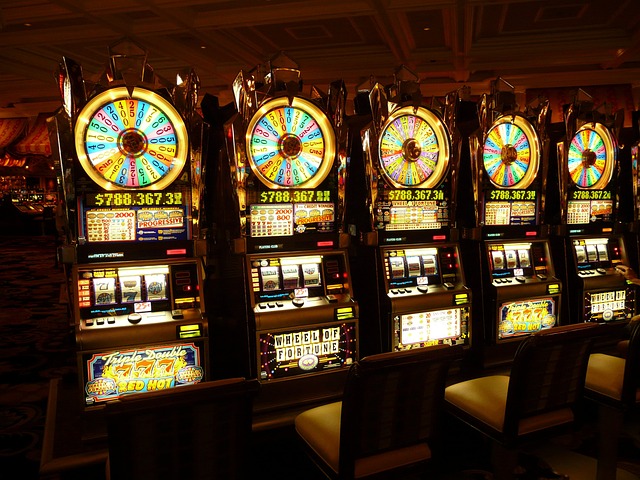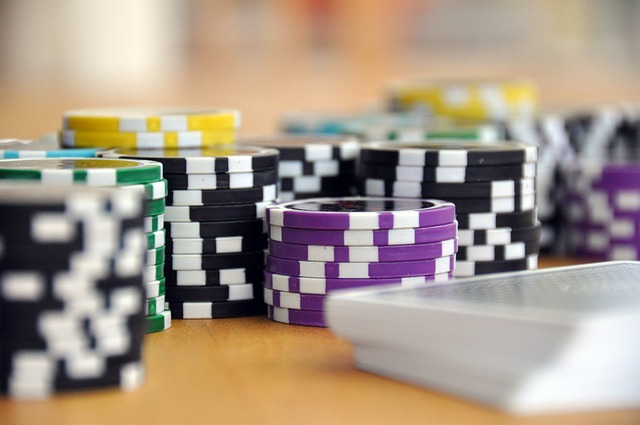Many think of gambling as traditional casinos. They picture roulette wheels, dice, and card games. But at 20Bet, it’s all about the math. Each game combines advanced algorithms and random outcomes, turning luck into a science. This article explores how betting uses these math principles to power online games.
Cracking the Code: The Math Behind Online Gambling
The main draw of Internet gambling is its reliance on probability. This math branch calculates the chance of outcomes. It turns uncertainty into patterns.
Consider the simple act of flipping a coin. It seems clear, but it’s governed by a 50% chance of landing on heads or tails. The same basic probability principle applies to the complex parts of internet gambling.
Although online gambling may seem random, it is based on clear math principles. These rules help ensure that every game and bet is fair and transparent.
The Random Number Generator (RNG) is a critical element of this universe. RNGs are algorithms that produce numerical sequences without any pattern. This guarantees that each hand of card die roll or slot machine spin is fair and independent. Unpredictability is critical to fair play in online casinos. It lets players trust the integrity of the games.
The Role of House Edge

The house edge is a significant player in the complex dance of online gambling. This expression represents the mathematical edge that the casino has over the gambler. It specifies the percentage of wagers that the casino anticipates keeping over time.
For example, a game has a 2% house advantage. Over time, the casino hopes to make 2% on all bets on that game. This advantage ensures the casino’s viability while giving players a chance to win. It is the actual application of probability theory in action.
Winning Odds: Algorithms in Casinos
Online casinos rely on probability theory. They use many algorithms to control the games. These include bonus algorithms, which decide how and when to give players bonuses. Payout algorithms also compute the Return to Player (RTP) percentages.
A critical indicator in online slots is the RTP. Gamblers can see how much of their bets will be returned. A higher RTP increases the player’s odds of winning. These algorithms influence the likelihood of winning and the whole gaming experience.
Boosting Wins: Bonuses and Strategy
Online gambling bonuses, like free spins in slot games, do more than attract players. They increase the chances of winning by allowing more playtime and chances to hit big combos.
This tactful use of probability theory enriches the game. It gives players extra chances for success. But, it keeps the game’s inherent chance. Bonuses are a clever mix of marketing and gameplay improvement. They show a deep understanding of player behavior and math.
Future-Proofing Online Gambling: Fair Play and Regulation

Regulators and gamers alike have serious concerns about the fairness of internet gaming. Regulations need certified RNGs. They also need to disclose game odds. These rules guarantee fair play. This rule ensures the games give a fair chance of winning. They do so within the house advantage and by following probability theory, not chance.
As technology advances, so will the use of probability theory in online gaming. AI and machine learning can make games even more random and fair. This will enhance player enjoyment and help casinos keep revenue. This ensures that the blend of skill, chance, and technology keeps evolving.
Final Thoughts
Online gambling mixes technology, math, and chance in the ‘science of luck.’ Probability theory is critical. It uses RNGs to ensure fairness and to help players understand their odds and the house edge.
As online gambling evolves, so will its use of math to ensure a fair and fun experience. Understanding these ideas won’t guarantee wins. But it will help you gamble more. It does this by turning chance into calculated risk.
